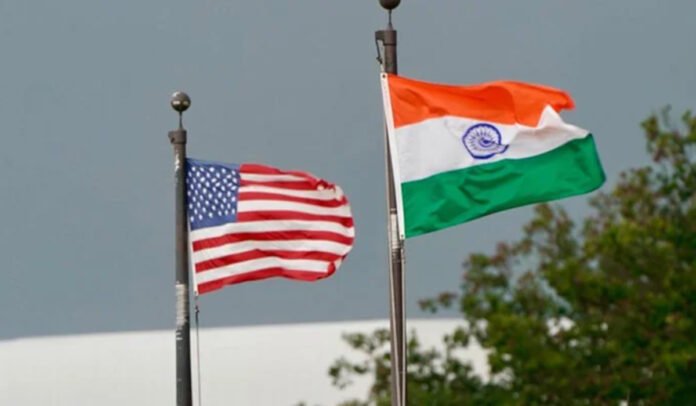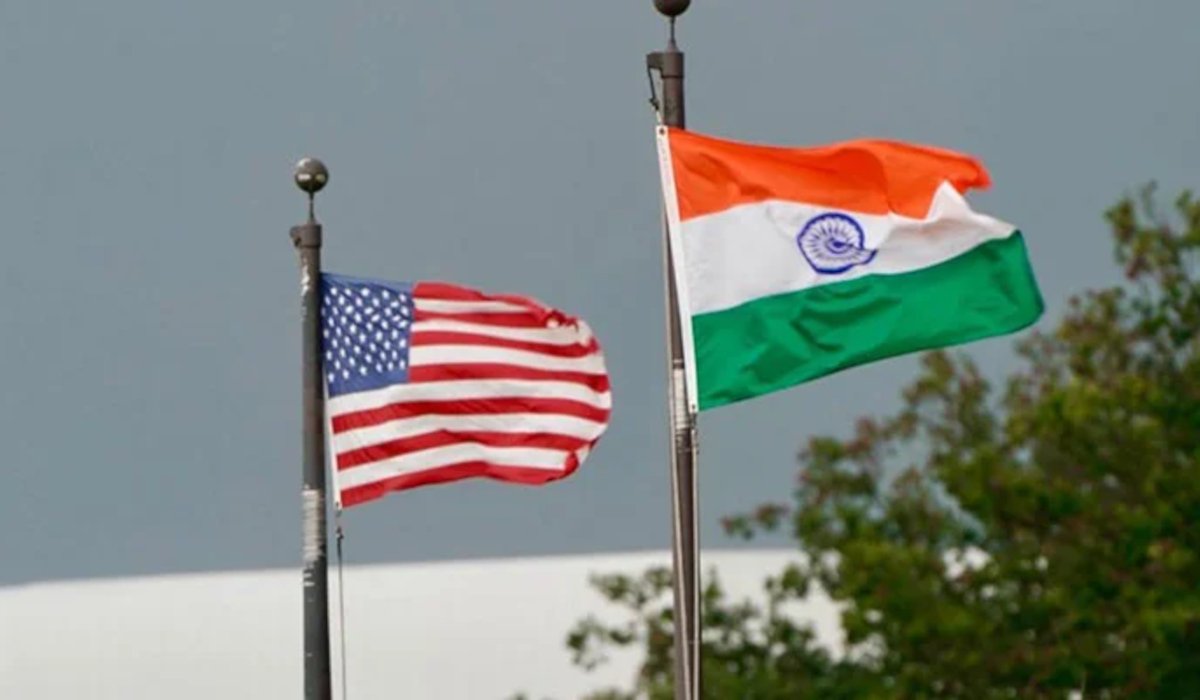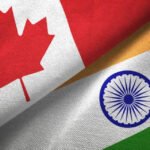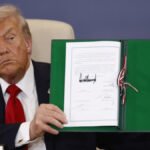India and the United States have intensified efforts to finalize a trade agreement, with Commerce and Industry Minister Piyush Goyal confirming that both sides are engaged in “active dialogue.” The development comes as the two countries seek to strengthen economic ties against the backdrop of shifting global trade dynamics.
According to officials, discussions are focused on creating a framework that balances the interests of both nations. The trade talks are expected to cover sectors such as information technology, pharmaceuticals, agriculture, and energy. For India, key priorities include greater market access for its goods and services, while the US is pushing for stronger intellectual property protections and reduction of tariff barriers.
Minister Goyal said the dialogue reflects the “strong and growing partnership” between India and the US. “We are working on mutually beneficial solutions that will not only enhance trade flows but also support innovation, investment, and job creation in both countries,” he stated.
The US remains one of India’s largest trading partners, with bilateral trade crossing $200 billion in recent years. The talks aim to build on this momentum and resolve pending issues that have stalled previous negotiations. In particular, discussions are expected to revisit areas of dispute such as agricultural exports, medical device pricing, and digital trade norms.
Business leaders have welcomed the progress, noting that a successful agreement could unlock significant opportunities. The Confederation of Indian Industry (CII) said the deal could boost exports, attract more US investment, and improve supply chain resilience. American companies operating in India are also watching the developments closely, especially in technology and healthcare sectors.
Geopolitical considerations add further weight to the talks. With global supply chains being realigned, India is positioning itself as a trusted alternative to China. A deeper trade partnership with the US could bolster India’s efforts to integrate into global value chains and attract companies seeking to diversify.
Analysts caution, however, that negotiations may be complex and time-consuming. Trade agreements often involve compromises, and sensitive sectors on both sides may resist rapid changes. Nevertheless, officials maintain that progress is being made and both governments are committed to achieving results.
For India, the stakes are high. Expanding exports and attracting investment are critical to sustaining growth, particularly as global demand faces uncertainties. Strengthening ties with the US, a leading economy and technology hub, could provide a vital boost.
The outcome of the talks will also have political significance, as both countries highlight their partnership as a pillar of stability in the Indo-Pacific. A comprehensive agreement could set the tone for future cooperation across economic, strategic, and technological domains.

























